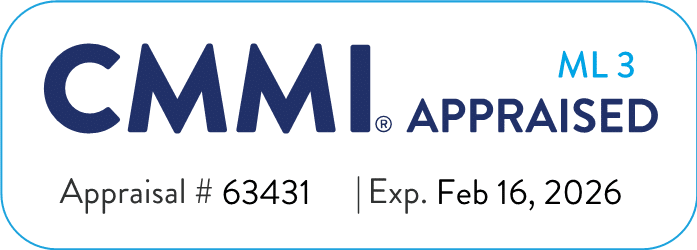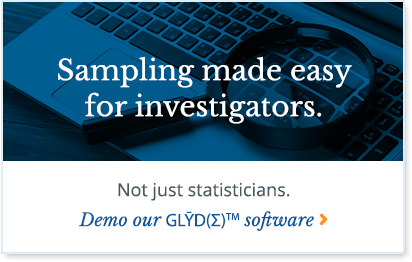In 2016, there were more than 63,600 drug overdose deaths in the United States — this is more than three times the rate in 1999 according to a report from the National Center for Health Statistics (NCHS), part of the US Center for Disease Control and Prevention (CDC).i In a July 2017 report, The U.S. Department of Health & Human Services Office of Inspector General (HHS OIG) found more than 400 providers had questionable opioid prescribing patterns for beneficiaries at serious risk.ii
Providers participating in federal health care programs are presumed to know the regulations and policies governing their billing claims. When a provider fails to adhere to these rules, they are exposed to possible sanctions, and criminal penalties. Providing insight and education to providers through Comparative Billing Reports (CBRs) is a key strategy in reducing potential fraud, waste, and abuse.
What are Comparative Billing Reports and Why are they Important for Providers?
The Centers for Medicare & Medicaid Services (CMS) formalized and expanded the CBR program to a national level providing comparative billing data to individual health care providers. This report compares a provider’s billing and payment patterns to his or her peers, both on a national and state level. The report is developed based on a variety of sources including Office of Inspector General, U.S. Department of Health and Human Services (OIG HHS) reporting of trends, types of providers and services contributing significantly to Medicare costs and that may have a high potential for waste and abuse.
For example, the OIG HHS report from April 1, 2017 – September 30, 2017 names the opioid abuse epidemic as a top priority for the OIG. Subsequently, in January and February 2018, a CBR was released on Opioid Prescribers which was sent to providers whose opioid prescribing patterns were different as compared to their peers on a specialty and/or a national level. The goal of this report is to educate providers on the concerns raised about extreme opioid use, and to share the latest thinking from the medical community on appropriate prescribing of opioids.iii
While not punitive in nature, CBRs are valuable outreach and reeducation tools to deter improper billing — a unique attribute of its mission to help providers understand policy and make adjustments as needed. The report should be used by providers to determine and evaluate their outlier status compared to their peers, and decide whether to adjust their methods for billing claims based on their comfort level.
Learn How We Can Help with Targeted Data Analysis
States may also utilize CBRs to engage in discussions with their contracted managed care plans about specific providers in their networks who may be outlier providers. Due to contractual arrangements in many states, the health plans themselves are the sole remedy for approaching these providers and modifying behavior or recouping funds. Ultimately, this less resource intensive approach — running comparative analysis of provider behavior — reduces the cost incurred by both the Federal and State spending investigating potentially wasteful billing practices.
Learn How IntegrityM Can Help with CBR Development and Targeted Data Analysis
IntegrityM is experienced in developing CBR reports and conducting targeted data analysis and research in a variety of focus area including Medicare Part A, B, C and D. We understand the need for provider education and outreach and are committed to the detection and prevention of fraud, waste, and abuse in federal and state programs. For additional information on our targeted data analysis capabilities, contact us online or give us a call at (703) 535-1400.
i Holly Hedegaard, M.D., Margaret Warner, Ph.D., and Arialdi M. Miniño, M.P.H., “Drug Overdose Deaths in the United States, 1999–2016,” NCHS Data Brief No. 294. Centers for Disease Control, December 2017, https://www.cdc.gov/nchs/data/databriefs/db294.pdf. (accessed May 23, 2018).
ii “Opioids in Medicare Part D: Concerns about Extreme Use and Questionable Prescribing,” HHS OIG Data Brief. OEI-02-00250. U.S. Department of Health & Human Services Office of Inspector General, July 2017, https://oig.hhs.gov/oei/reports/oei-02-17-00250.pdf. (accessed May 23, 2018).
iii “Comparative Billing Reports,” CBR201801: Opioid Prescribers. EGlobalTech, January 2018, https://www.cbrinfo.net/cbr201801. (accessed May 23, 2018).











